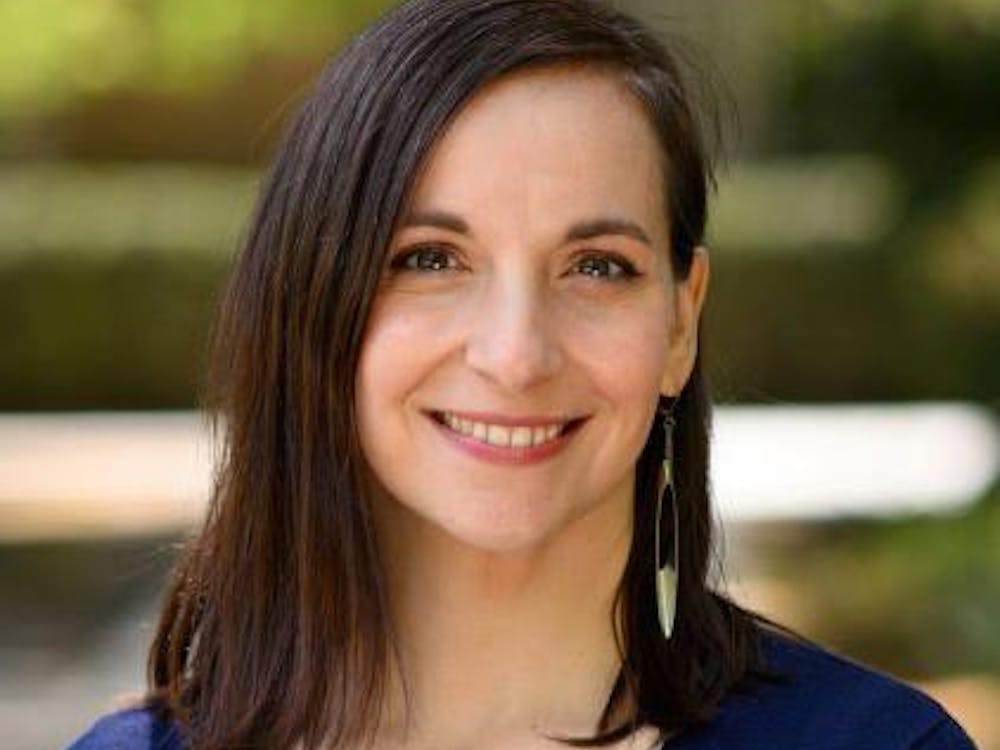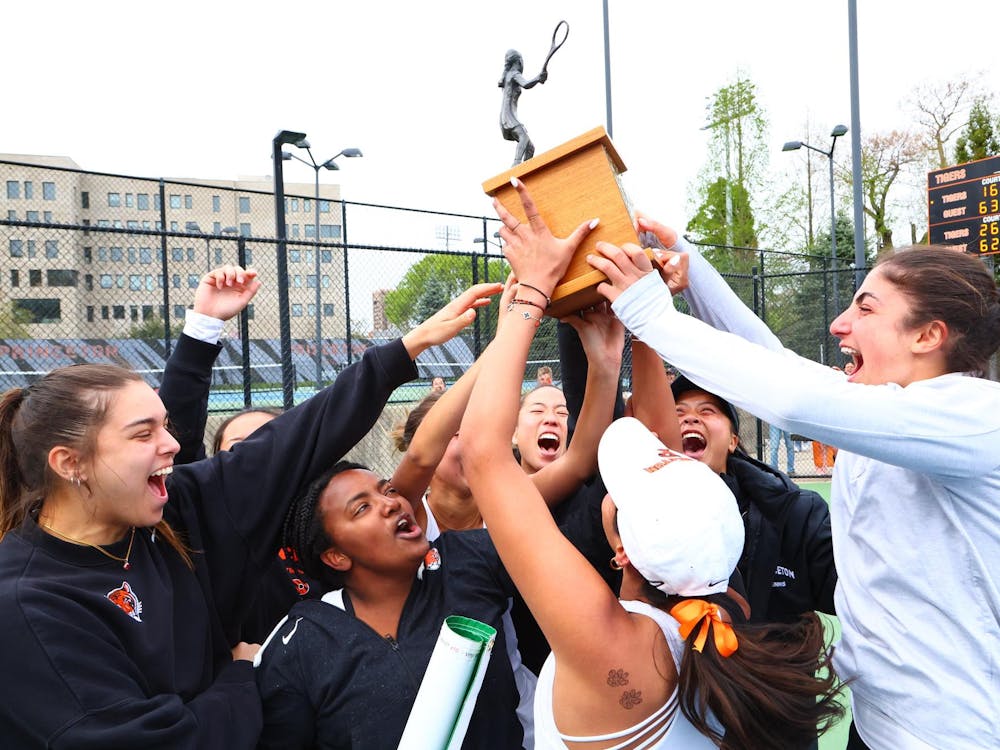Have you ever spent a night in the infirmary? I’m going to take a wild guess and say no, except for an exclusive minority of you. I’m always taken aback by how many students have never been to CPS, who don’t know how to get there, which floor it’s on, or how to take a friend there.
But the day might come when you will have to know where a real-life counselor is on-call to help someone in crisis. It did for me. You need to know; we all need to be prepared.
Spending a night in the infirmary is one of the loneliest experiences. I have never felt more alone than on the night I stayed there. I checked myself in at approximately 7:30 p.m., and any visitors are kicked out promptly at 10:30 p.m. (Who even goes to bed at 10:30 p.m.?) I was lucky, and bought them a few more minutes because of an opportune fire alarm at 10:20 p.m.
It’s sterile and austere. The walls are white, the sheets are white, the sidebars on the bed are white, the windowpanes are white, the lighting is a cool white. A nurse visits to deliver the predetermined dosage of medication — 11 p.m., 11:30, some time, any time. It’s not like I have anywhere else to be, anyways.
The walk back to your dorm room the next morning is akin to a “walk of shame.” Imagine begrudgingly wearing the same clothes from last night, bedhead hair, smudged eyeliner, oh, and a pillow under armpit, determined gaze fixated straight ahead, praying no one crosses paths with me. But they do; it’s 10 a.m., and students are frantically rushing to class. Of course I can’t hide. I lower my gaze, blood rushing to my pallid cheeks. I struggle to climb back into my own bed, in the unsettling loneliness of my room. I pull the covers far over my head. That 10 a.m. lecture? Forget it.
Looking back, I don’t regret that “walk of shame.” If I had not listened to people around me and realized where I was at, I very well might not be here right now.
But too many people believe that you have to be crazy, unstable, incapable, dependent if you stay in the infirmary. And too many people haven’t seen the inside of a room in the infirmary, or the office of a therapist or psychiatrist.
So what happens when your friend, partner, roommate, anyone you love, needs just that? What if they haven’t been eating, sleeping, showering, going to class, getting through the day? What if they indicate suicidal ideation to you, in a text, a passing remark? What if they are depressed, anxious, helpless, stuck? Now you are helpless and stuck too, because you are literally without help for someone else. You don’t know where to go to seek out help, how to do it, where, when. All you know is “why.”
I have had the horrific, heart-wrenching experience of talking too many friends, whom I love more than myself, out of taking their lives, cutting, hurting themselves, doing something reckless, brash, stupid, giving up. I have had the experience of talking myself out of those same things — of convincing myself that life is, will be, worth living. Because of that, I am able to talk to strangers and peers about resources and support. I can and will skip class to do anything I can to help, because I know very well that many others can’t or won’t.
But I ask you again — what happens when someone does not know how to get help or cannot get help? What happens when a friend’s life lies in their hands? The fact of the matter is that most University students are not trained enough — if at all — to properly handle such a situation. And that, in turn, makes them helpless.
However, we shouldn’t be helpless. One would expect more from University students — the ability to look up resources, study a map, navigate a process or physical building, to empathize, to know when to not leave someone alone, to stay to help someone — even if it means missing class or not spending that hour on a problem set!
We go to the No. 1 school in the country. We get a first-class education — at least, we’re told we do. We are supposed to be the next generation of leaders — or some bullsh*t like that.

But how can we lead people — how can we exit this bubble and enter the real world — when we don’t know how to help one friend in need? How to talk to them, how to get them help? I am critical of myself for not being able to do more, of others for not doing enough, but now I call upon the University to take responsibility — to take action.
We, undergraduate and graduate students, need mandatory bystander/active intervention training in case this — God forbid — happens again. We have AlcoholEdu and Not Anymore, but what about mental health? Why is mental health the last issue to engage the attention of administrators, to get more funding, to get a segment that is more than 10 minutes long during Orientation?
CPS developed a relatively new program called Princeton Distress Awareness & Response that teaches people how to respond to someone in distress: how to recognize the signs and symptoms and what tools can be used to effectively support someone.
The program is facilitated by CPS clinicians, and only takes 1.5 hours to do. But as it stands, it is completely optional, and offered to students, faculty, or groups, only if/when requested.
This training should be mandatory and taken by all class years. For example, before students can register for courses, or during the add/drop period, they should be required to complete the training. By educating and equipping students, we will not be helpless anymore, and we can collectively take one step forward in inviting more open conversation about mental health and the culture of “suffering in silence” that we have cultivated. And we can more effectively support each other, as I hope we would all want to do.
Have the lives taken by suicide at our school not been enough of a red flag? This is our call to action. There are people here whose job is literally to help us in this regard, but so many can’t establish a line of communication with them.
The reaction to “I want to die” should never be “lol, same.”
Is a student’s life not worth 90 minutes of our time? It is not too much to ask.
The author of this letter was granted anonymity due to the intensely personal nature of the story.








